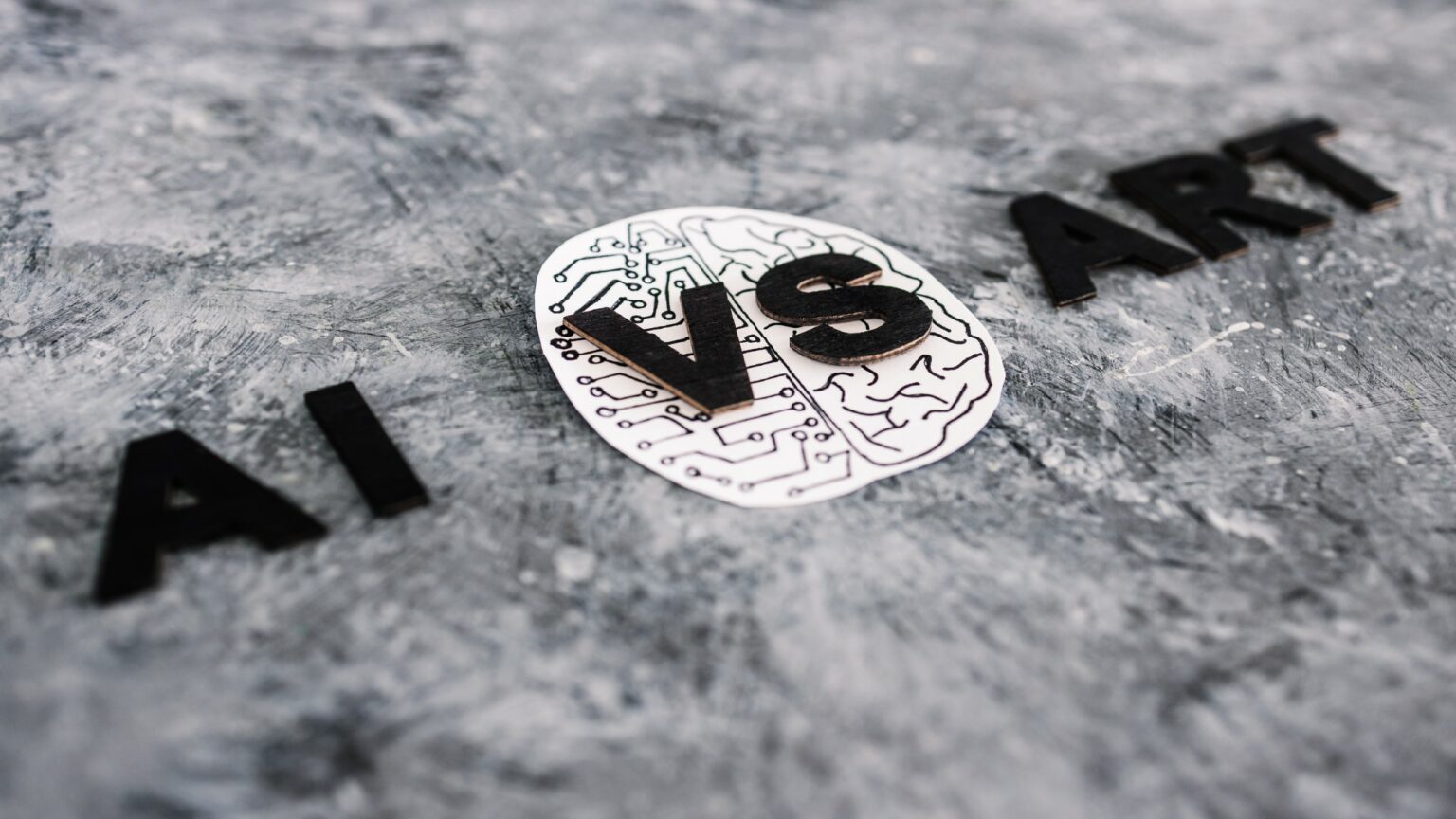The Recording Academy have updated rules and regulations for the 2024 Grammys Awards. The rules stipulate that AI alone is ineligible to win the prestigious music awards. The ruling comes amid growing use of generative AI in the music and entertainment industry.
The announcement followed a semi-annual Academy’s board of trustees meeting held in May, which also concluded some components of AI may be accepted in the music as long as there is a “meaningful” contribution by a human.
Tweaking the rules
According to the updated rules and regulations, only creations made by humans are eligible for nomination for the awards.
“The Grammy Award recognizes creative excellence. Only human creators are eligible to be submitted for consideration for, nomination for, or win a Grammy Award.
“A work that contains no human authorship is not eligible in any category,” reads part of the rules under the AI protocols.
However, the Academy was also quick to state that music that contains some AI can still qualify for awards provided the human element in that creation played a significant role.
“The human authorship component of the work submitted must be meaningful and more than de minimis,” reads part of the regulations.
According to the Academy ‘de minimis’ is defined as lacking significance or importance, or to be so minor as to merit disregard.
The rules also state that the human authorship component must be “relevant to the category in which work is entered,” for example, “if the work is submitted in a songwriting category, there must be meaningful and more than de minis human authorship in respect of the performance.”
Also read: Twitch’s New ‘AI Jesus’ Sparks Debate Among Faith Leaders
Public opinion is divided
The announcement came shortly after Paul McCartney revealed that an upcoming final Beatles song was recorded with the help of AI technology. In the case of McCartney and The Beatles AI was used to extract John Lennon’s voice from an old demo. There is no indication that AI was used to compose or write the music itself.
McCartney described AI as a kind of “scary but exciting,” and that “we will just wait to see where it leads.”
With high profile artists now leveraging AI technology the public are sitting up to take notice. Some people have described the new rules on AI music as a welcome development to preserve “natural” music or works of art. Opinion is not unanimous. One user identified as Aunteeee said the new rules were a good thing and hoped other music organisations could replicate.
“Amen. Thank you very much…. that thing needs to be banned now.”
Others are of the view this will not last, predicting that the profitability of AI will overtake the preservation of artistic integrity.
“This will die within a year once music companies feel their bottom line. Once the technology is perfected, kiss goodbye to celebrities as you know them,” tweeted another.
The Recording Academy introduces a new AI-related rule for the Grammys, which effectively states that only human creators are eligible for awards. pic.twitter.com/AiF0HhwaMT
— Pop Base (@PopBase) June 16, 2023
Proliferation of AI music
Debates have raged over the ethical implications of AI use in music, art and entertainment industry. The rise of AI content has divided opinion even among artists themselves. Earlier this year, the Recording Academy was among the entities that signed a letter calling for a pause on AI.
So rampant has been the use of AI in music and art that the EU asked online platforms like Meta, Google and TikTok to clearly label AI-generated content.
Recently rapper Ice Cube spoke against AI generated music and branded it “demonic” and that offenders should be sued.
This was after the song “Heart on my sleeve” which used AI generated vocals imitating Drake and The Weeknd went viral. Another AI generated song called “Hey there Delilah,” which features an AI generated voice of Kanye West also hit social media platforms.
Music producer Timbaland was also criticized for a song he made featuring the late Notorious B.I.G using AI tech.
However, the use of AI has been accepted by others as a tool to enhance music production. French DJ David Guetta told the BBC that “I’m sure the future of music is AI.” The DJ used a site called uberduck.ai to mimic the voice of Eminem, which he added to one of his instrumentals.









 and then
and then